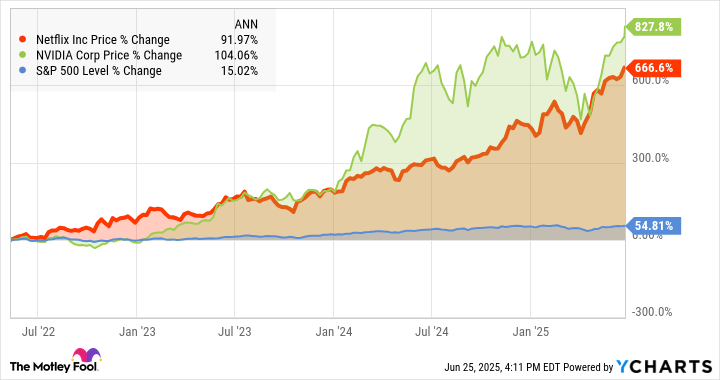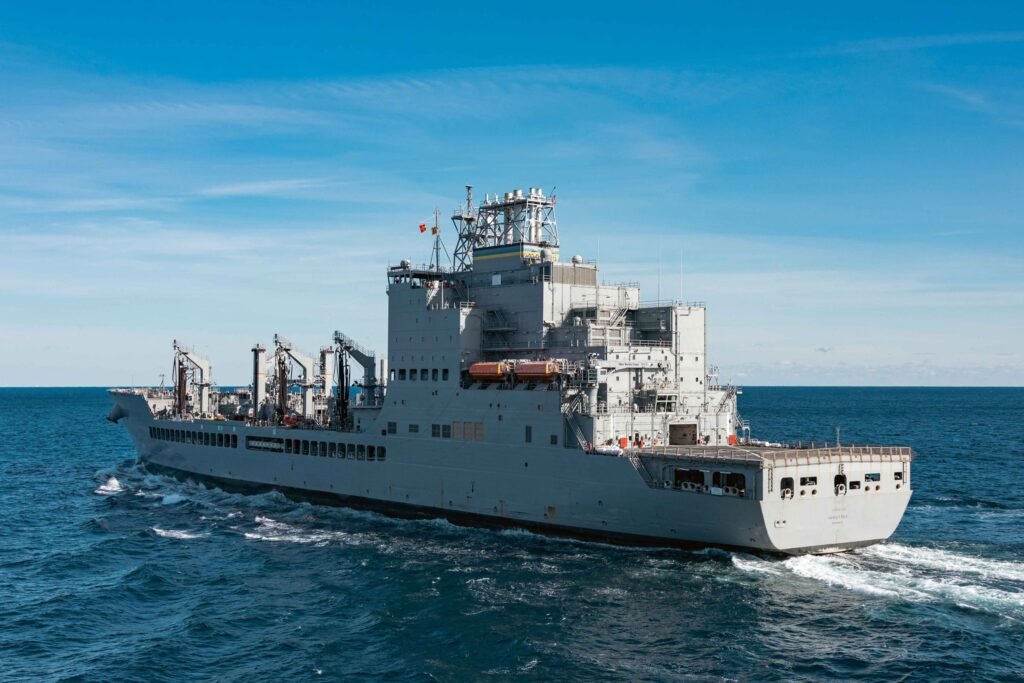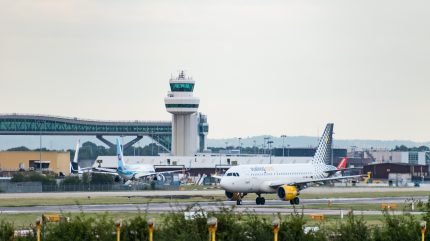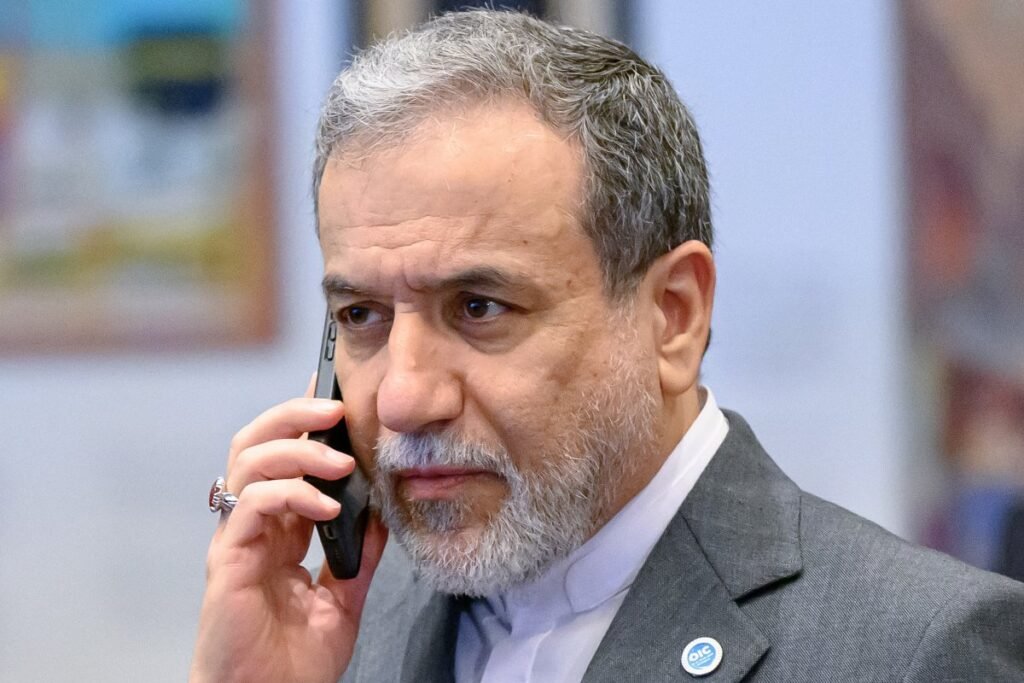Was he always so lucky? Yes. Was wealth an aphrodisiac? No. In October 1980, Donald Trump, 34 years old, slender and soft-spoken, had answered a series of such questions from the gossip columnist Rona Barrett when he suddenly shifted the conversation onto a very different plane. When Ms Barrett asked about his destruction of some celebrated Art Deco reliefs as he made room for a new apartment building—he would name it Trump Tower—he praised himself for making a hard decision, and then went on to say the country could use such leadership. He said it would earn America the respect it lacked in the world.

“The Iranian situation is a case in point,” he continued, after Ms Barrett asked if respect was “the most important thing”. Iran, which by then had held dozens of American diplomats captive for 11 months after students stormed the embassy in Tehran, would have treated no other country that way, he said. America should have invaded and made itself not just respected but oil-rich. “That would have been the easiest victory we would have ever won,” he said. Decades later, such blithe counter-factuals would become a familiar hallmark of Mr Trump’s politics: wars would not have happened if he was in charge; vexing international disputes would have been resolved in a day.
Now, in attacking Iran’s nuclear facilities, Mr Trump has made the kind of hard decision, delivered the kind of bold stroke, of which he has always claimed to be capable. There was nothing simple about the assault by American forces, but they made it look as easy as the victory he imagined 45 years ago. Within hours Israel and Iran agreed a ceasefire, and then hastily affirmed it after the American president bellowed at them for backsliding.
As Mr Trump jetted off to a NATO summit, that organisation’s secretary-general, Mark Rutte, congratulated him on “decisive action” that “makes us all safer”. America was commanding the kind of international deference, even sycophancy, that Mr Trump felt was lacking for so long. He posted earlier on social media that Iran and Israel saw “tremendous LOVE, PEACE and PROSPERITY in their futures”. Maybe the Middle East is on the cusp of its long-awaited triumph of hope over history. That said, a lot of history argues for more nuanced expectations.
The 1970s were good years for Mr Trump—he moved to Manhattan, married a model, became a millionaire in his own right. But they were hard on America. Its confidence and pride suffered from Watergate, defeat in Vietnam and then the hostage crisis, which followed the Islamic Revolution in 1979 (an unintended result, in part, of another American intervention, a CIA-backed coup in 1953). But, about a month after Mr Trump sat for his interview, Ronald Reagan won the presidency with a promise to “make America great again”, and a new joke made the rounds: What’s flat and glows in the dark? Iran, 24 hours after the inauguration. The hostages were free before the 24 hours were even up.
That timing was not a capitulation to Reagan but a last humiliation of Jimmy Carter, whom the Iranian regime despised. For months Carter’s team had been negotiating the release, in exchange for concessions such as unfreezing some Iranian funds. As it was for Carter, Iran would prove a source of sorrow for Reagan, and his successors. His second term was consumed by a scandal in which his national security aides were secretly selling weapons to Iran in exchange for American hostages in Lebanon, and then illegally funnelling the proceeds to anti-communist guerrillas in Nicaragua (life was complicated back then, too).
Mr Trump has had his own hard experience with Iran. During his first term he withdrew from the nuclear treaty Barack Obama negotiated, calling it “horrible”. That agreement lifted some sanctions in exchange for restrictions on Iran’s nuclear programme. But some provisions expired over time, and it was silent on Iran’s ballistic missiles and its financing of terrorism. Absent the deal, Mr Trump struggled to address those dangers, too, and as Iran shucked the restrictions its path to nuclear breakout shortened.
Iranamok
In his first term Mr Trump told aides he could negotiate a better deal in a day. But it eluded him even as he turned to various emissaries to intercede. When Iran shot down an American drone, Mr Trump launched a reprisal strike but then recalled the planes. He kept “repeating he didn’t want to have a lot of body bags on television”, wrote John Bolton, then the national security adviser, in his memoir, “The Room Where it Happened”. But after Iran continued to escalate its own violence, Mr Trump later authorised the use of drones to kill General Qassem Suleimani, who led the foreign-operations arm of the Islamic Revolutionary Guard Corps.
Notwithstanding such recourse to arms, one of Mr Trump’s contributions has been to reverse the diplomatic logic of the George W. Bush years: Mr Trump believes in talking to America’s enemies. He returned to office still intent on negotiating with Iran. A fervent pragmatist, he seems unable to accept that an adversary might endure economic deprivation for ideological reasons. This time, he set a deadline for talks of 60 days. When the Iranians did not honour the deadline, the Israelis did.
Israel had already vitiated Iran’s proxies in Lebanon and Syria, and now its forces commandeered Iran’s air space. Having erased one diplomatic placeholder and failed to create another, Mr Trump grasped the opportunity to set Iran’s nuclear project back by force. Military action may have bought less time until Iran’s next potential nuclear breakout than Mr Obama’s deal did, mere months rather than a year. But maybe Mr Trump’s luck will hold out, and with it everyone else’s, and, if Mr Trump keeps the pressure on, Iran will give up on building a bomb, and respect America. Or maybe Mr Trump will just change the subject.
Subscribers to The Economist can sign up to our Opinion newsletter, which brings together the best of our leaders, columns, guest essays and reader correspondence.






